| Public Info |
Energy-from-Waste (EfW)
ECOVE takes serious efforts in operating and maintaining the EfW plants under their responsibility to minimize impacts to the communities. We also ensure we contribute back to the community and educate communities about the importance of green environment.
Miaoli EfW Plant
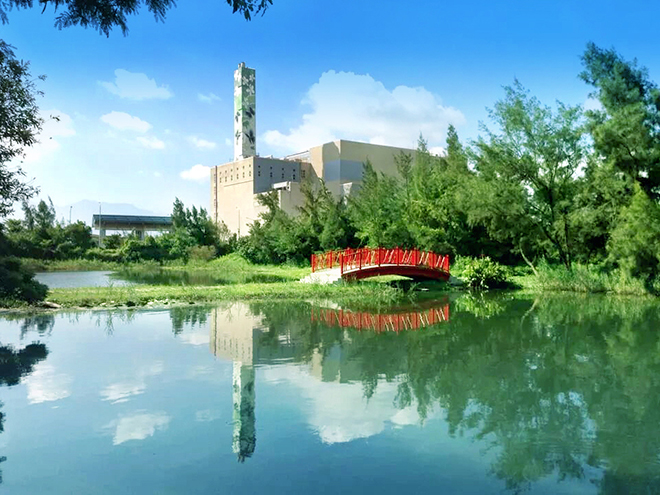
Air Quality
ECOVE monitors the gas emission daily, produces reports quarterly on the air quality, and conducts dioxin detection test every 6 months to ensure our plant does not harm the environments and communities.
Gas Emissions
We ensure fuels, systems and techniques used in the plant operation are safe and efficient in minimizing substances emitted to the air.
SO2
NOx
CO
Dioxins
We keep our combustion temperature in between 850~1050ºC to significantly reduce the dioxins formation.
We sorted the trash, recycling the plastic instead, before the incineration to avoid dioxin.
Dioxins
The average dioxins’ toxicity equivalence value detected is low; representing 4~8% of the allowed value.
Water Quality
ECOVE complies with the EIA to publish the ground and underground water quality testing report quarterly. The testing ensure that the operations do not affect the quality of the water.
Ground Water and Underground Water
The heavy metals such as lead, cadmium and mercury are often not detected in the ground water and underground water.
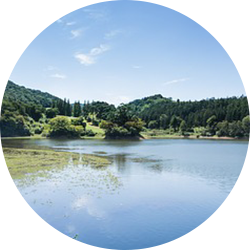
Ground Water
Pb
Cd
Hg
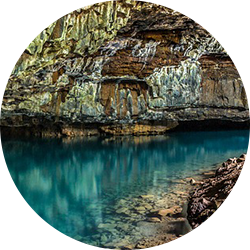
Underground Water
Pb
Cd
Hg
Ecosystems
ECOVE keeps track of habitants in the land, plant and wetland ecosystem every 6 months. We monitor the amount and type of birds, fishes and plants. We also ensure there are healthy growth of plants and organisms.
Land Ecosystem
There are 22 categories of birds recorded nearby the Miaoli EfW plant. There are total 40 species, in which 7 species are available in Asia only. In the first quarter of 2017, we have recorded a total of 541 birds.
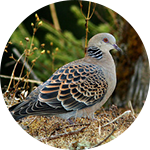
Orientalis Turtle Dove
(Streptopelia Orientalis)
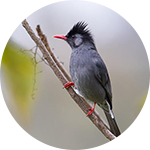
Black bulbul
(Hypsipetes Leucocephalus)
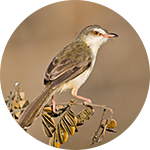
Plain Prinia
(Prinia Inornata)
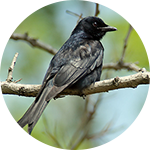
Black Drongo
(Dricrurus Macrocercus)
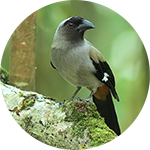
Grey Treepie
(Dendrocitta Formosae)
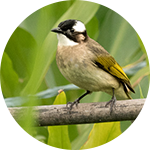
Light-vented bulbul
(Pycnonotus Sinensis)
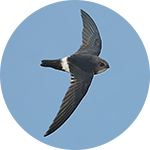
House Swift
(Apus Nepalensis)
Plant Ecosystem
In the second half of 2016, there are 272 species of both woody (trees, shrubs, and vines) and herb plants recorded nearby Miaoli EfW plants, and 4 of them are Taiwan endemic species. The plant ecosystem has become more diversified as there were only 58 species in 2008.
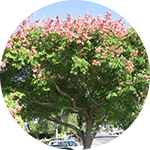
Taiwanese Rain Tree
(Koelreuteria Henryi Dummer)
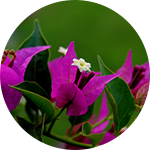
Bougainvillea
(Bougainvillea Spectabilis Willd.)
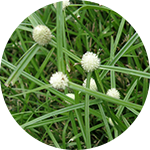
White Water Sedge
(Kyllinga Nemoralis)
Wetland & Water Ecosystem
The wetland and water ecosystem with rich biodiversity includes zoobenthos, phytoplankton, zooplankton, and fish around the Miaoli EfW plant. There are 28 species in this ecosystem recorded in 2016. The quantity of fish, in the 3 observation sites, increases from 16 in 2008 to 106 in 2016.
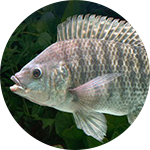
Tilapia
(Oreochromis spp)
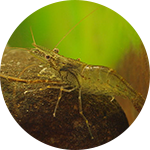
Oriental River Prawn
(Macrobrachium Nipponense)
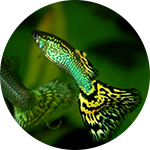
Guppy
(Poecilia Reticulate)
Odor, Noise, and Vibration
We also ensure the communities are not affected by any odors, noises and vibrations resulted from the day-to-day operations. Our efforts in adopting modern equipment and storage minimize odor.
Odor
We monitor at 6 different locations and the substances are in very low quantity that they are almost non detectable.
Noise & Vibration
We monitor noises 3 times daily in 2 cities, 4 towns and 10 villages. The noises are control below 72 dB, 75 dB to 76 dB for day time, evening and night respectively,

Good Neighbor
Green Facilities
Some items which are treated as wastes are actually resources that are useful and limited. To promote the concept of resource recycling, ECOVE is using resources that are abandoned to our incineration plants to recreate them into artworks and install them at the park. They serve multiple purposes from education to recreation.
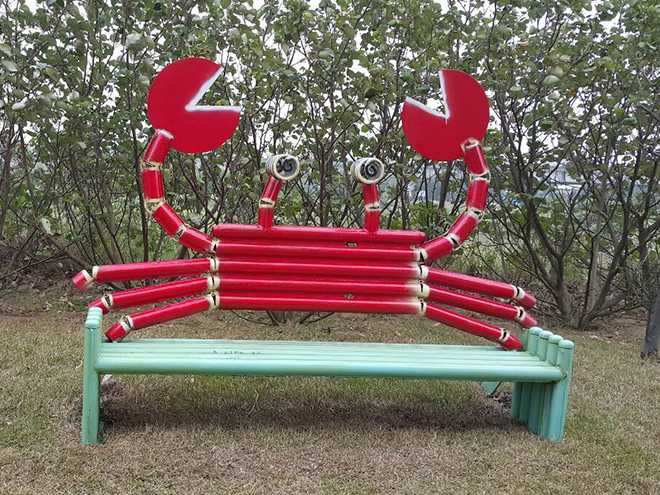
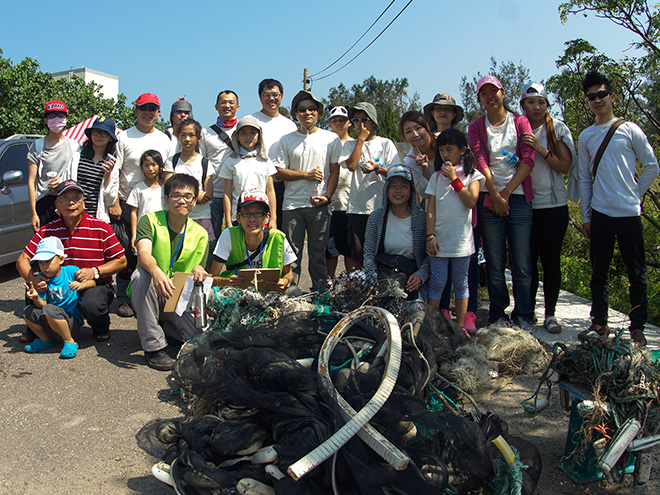
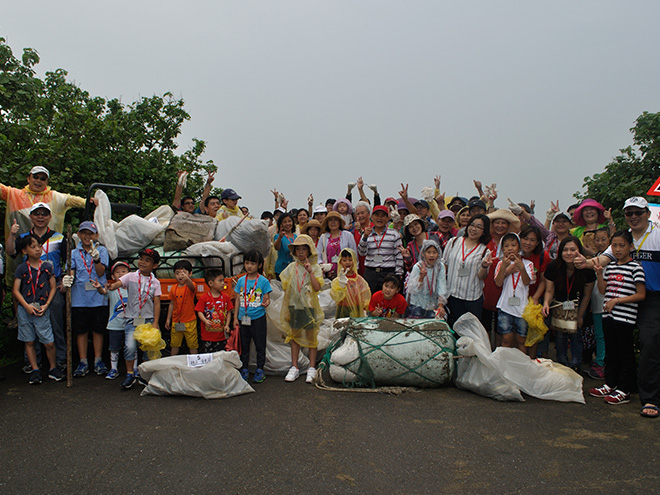
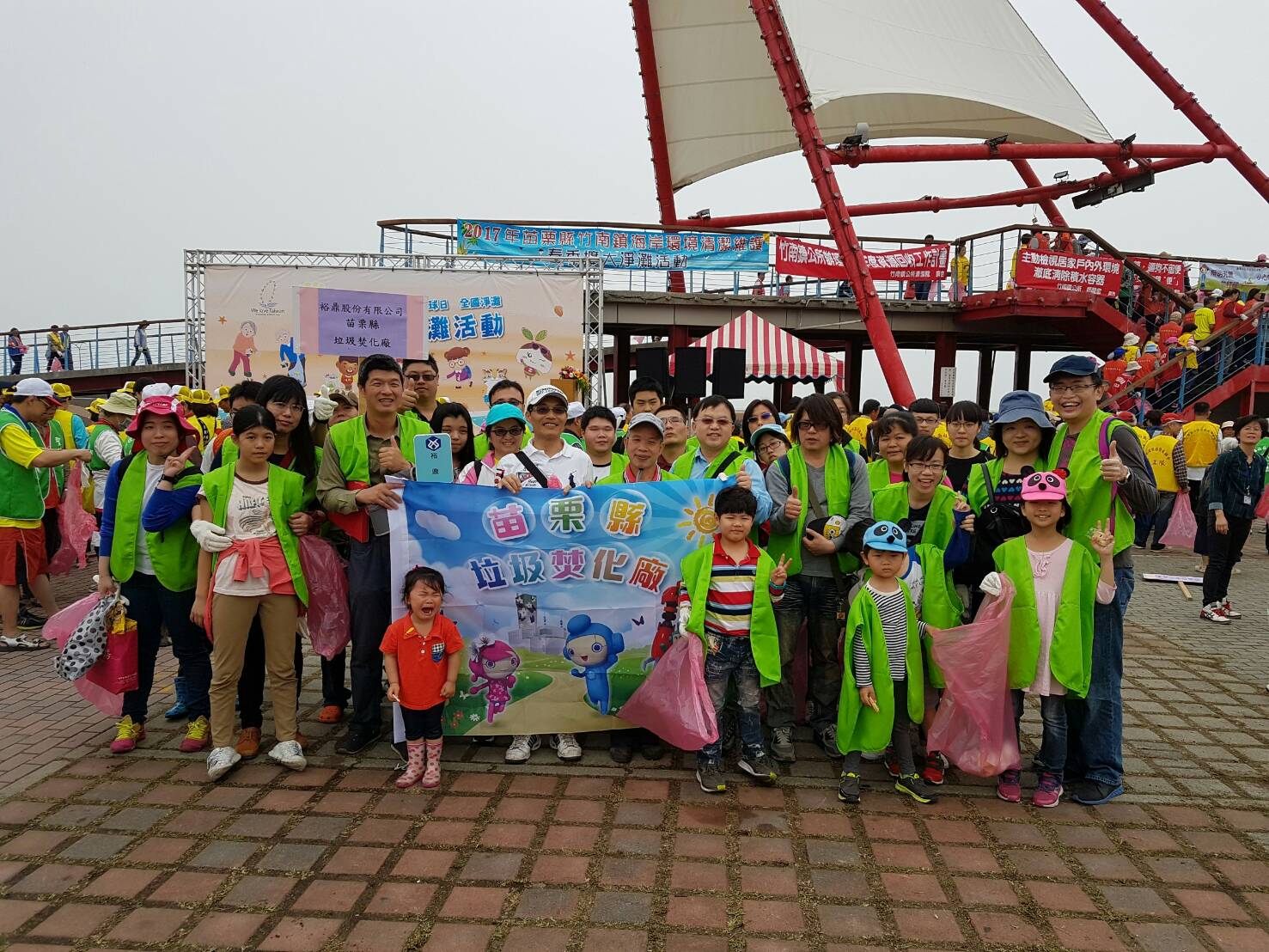
Environmental Education Center
ECOVE is a committed advocate to environmental education for everyone especially the young ones. We set up environmental education displays and activities platform including energy saving and carbon reduction for the school children to participate and learn. We have received visit from over 150 schools to our center.
Communities Events
Some items which are treated as wastes are actually resources that are useful and limited. To promote the concept of resource recycling, ECOVE is using resources that are abandoned to our incineration plants to recreate them into artworks and install them at the park. They serve multiple purposes from education to recreation.